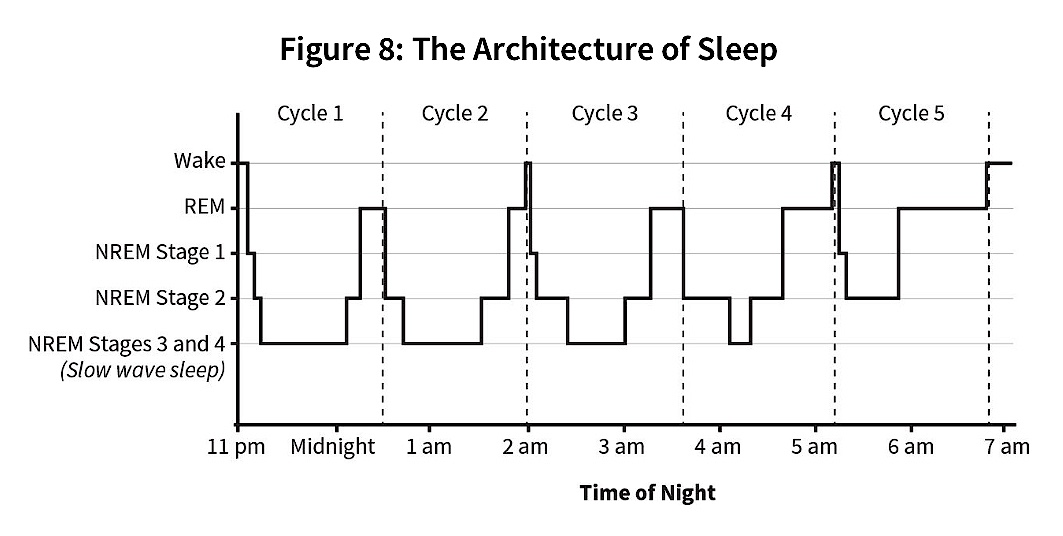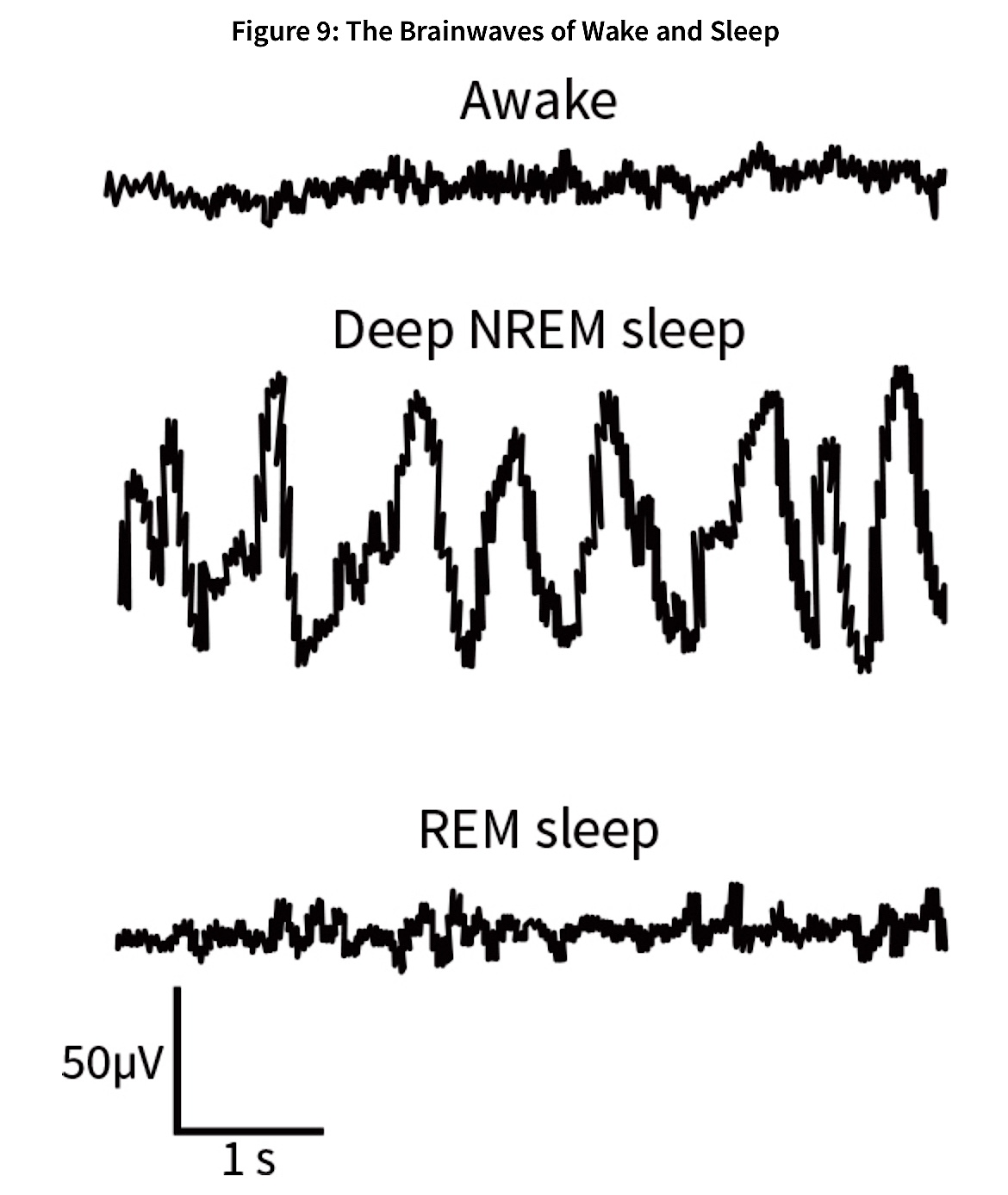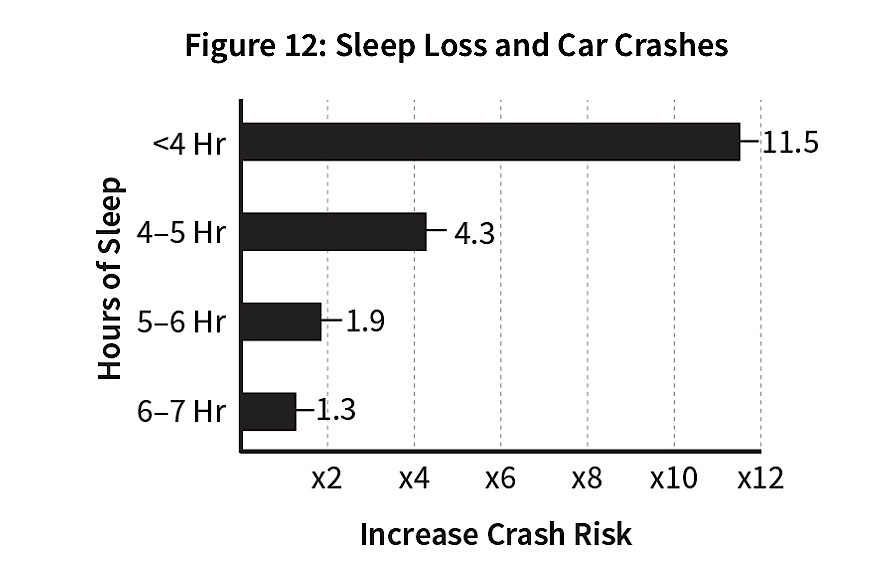📚 Rating
4.5 ⭐ / 5 🌟
 Why We Sleep: Unlocking the Power of Sleep and
Dreams by Matthew Walker
Why We Sleep: Unlocking the Power of Sleep and
Dreams by Matthew Walker
My goodreads rating: 5 of 5 stars
View all my reviews
Review
I started reading this book last year. I read the first three chapters and that gave me a good enough idea that I stopped reading the book and started giving myself full 8 hour uninterrupted sleeping time. Now with a whole year of experiencing regular 8 hour sleep, as I finish this book I feel really good for picking this up in the first place.
Matthew Walker is a professor of neuroscience and psychology, runs a Sleep lab in UC Berkeley, has a twenty-plus-year of research career and the book is grounded in research. The tone at times gets very serious, given the ignorance of sleep in our life, that makes sense. The author tries hard to convince the reader to sleep enough hours and at least based on my experience, they were able to accomplish this goal.
Chapter 1 discuss sleep in general. Chapter 2 goes into circadian rhythm, sleep pressure, affects of caffeine, jetlag, etc. on our sleep. Chapter 3 goes into the details of sleep cycles, research, etc.
Details
Personally, after starting the regular 8 hour uninterrupted sleep schedule, I have been able to wake up without any alarms in exact 7.5 hours daily. I have personally felt the effects of caffeine, as a results I stopped drinking diet coke and switched to decaffeinated coffee beans. Half life of caffeine is 5-7 hours 🤯, don’t drink caffeine, definitely don’t drink caffeine after 2-3 pm. The temperature schedule in thermostat to be lower at night and higher around the wake up time has also been super useful.
Sleep Architecture

Understanding the architecture of sleep also comes in handy (Figure 8), a hypnogram. We sleep in 1.5 hour cycles where initial cycles are mainly filled with NREM sleep and the later cycles are filled with REM sleep. We typically go into the waking stage around 3, 6 and 7.5 hour mark.

NREM sleep performs the work of weeding out and removing unnecessary connections. REM sleep is when we save our learning, strengthen the neural connections and dream. The last 1.5 hour section is when we get the maximum amount of REM sleep. This also means sleep hours aren’t equally divided, you can’t wake up early and finish your sleep by taking a nap. After fixing my sleep deficiency, I almost always wake up around the 6 hour mark (4*1.5hr) and I understand now and sleep more to finish the last 1.5hr part of the sleep cycle.
Sleep Cycle

Understanding the 24 hour circadian rhythm of the superchiasmatic nucleus and the sleep pressure of adenosine has also come in handy (Figure 4, 5, 6). There’s genetic evidence for the chronotype aka night owl vs morning larks. It’s important to understand which one are you, not everyone benefits from waking up at 5 am, everyone definitely benefits from sleeping full 5 sleep cycles. Also, you can’t fix your sleep schedule by staying awake the entire night, trust me I’ve tried, the book explains why. You have to shift your sleep schedule by slowly sleeping 0.5/1 hour earlier every day.
Other
There were some great tips along those later chapters like what to do when you are sleepy and you have to drive, answer: DON’T. There are tips about how to reduce sleep pressure but in general avoid driving in such situation. Drowsy driving vehicular accidents exceed those caused by alcohol and drugs. It’s crazy that we don’t see enough warning about lack of sleep as much as we see for alcohol.

After reading the chapter about age and sleep, I started recommending my parents to also start sleeping full 8 hours.
How to consume?
It is great to combine this with ebook and audiobook. All the chapters are self contained and can be read in any order. Last few chapters are great candidates for listening via audiobook.
Scribd offers subscription service where you can read books, audiobooks and a lot more. You can find books and audiobooks for Why We Sleep on Scribd. You can use this promo link to get free 60 days of subscription.
What worked for me to get good sleep
- Understand circadian rhythm and sleep pressure relation.
- Lower temperature of the room to around 20C.
- Stick to a sleep schedule, even if you can’t, still give yourself 8 hours. iPhones have a great sleep schedule + DND feature.
- Sleeping 8 hours in parts is not the same as sleep for continuous 8 hours. First half is filled with NREM sleep, second half is filled with REM sleep.
Twelve Tips for Healthy Sleep
These are the twelve tips from the book apendix.
- Stick to a sleep schedule. Set an alarm for bedtime.
- Try to exercise at least thirty minutes on most days but not later than two to three hours before your bedtime.
- Avoid caffeine and nicotine. Coffee, colas, certain teas, and chocolate contain the stimulant caffeine, and its effects can take as long as eight hours to wear off fully. Therefore, a cup of coffee in the late afternoon can make it hard for you to fall asleep at night.
- Avoid alcoholic drinks before bed. Having a nightcap or alcoholic beverage before sleep may help you relax, but heavy use robs you of REM sleep, keeping you in the lighter stages of sleep.
- Avoid large meals and beverages late at night.
- If possible, avoid medicines that delay or disrupt your sleep.
- Don’t take naps after 3 p.m. Naps can help make up for lost sleep, but late afternoon naps can make it harder to fall asleep at night.
- Relax before bed. Don’t overschedule your day so that no time is left for unwinding. A relaxing activity, such as reading or listening to music, should be part of your bedtime ritual.
- Take a hot bath before bed. The drop in body temperature after getting out of the bath may help you feel sleepy, and the bath can help you relax and slow down so you’re more ready to sleep.
- Dark bedroom, cool bedroom, gadget-free bedroom. Get rid of anything in your bedroom that might distract you from sleep, such as noises, bright lights, an uncomfortable bed, or warm temperatures. You sleep better if the temperature in the room is kept on the cool side.
- Have the right sunlight exposure. Daylight is key to regulating daily sleep patterns. Get in natural sunlight for at least thirty minutes each day, wake up with the sun.
- Don’t lie in bed awake. If you find yourself still awake after staying in bed for more than twenty minutes or if you are starting to feel anxious or worried, get up and do some relaxing activity until you feel sleepy.
Quotes
- “There does not seem to be one major organ within the body, or process within the brain, that isn’t optimally enhanced by sleep (and detrimentally impaired when we don’t get enough)”
- “The uneven back-and-forth interplay between NREM and REM sleep is necessary to elegantly remodel and update our neural circuits at night, and in doing so manage the finite storage space within the brain. Forced by the known storage capacity imposed by a set number of neurons and connections within their memory structures, our brains must find the “sweet spot” between retention of old information and leaving sufficient room for the new. Balancing this storage equation requires identifying which memories are fresh and salient, and which memories that currently exist are overlapping, redundant, or simply no longer relevant.”
- “A key function of deep NREM sleep, which predominates early in the night, is to do the work of weeding out and removing unnecessary neural connections. In contrast, the dreaming stage of REM sleep, which prevails later in the night, plays a role in strengthening those connections.”
Excerpt From Why We Sleep: Unlocking the Power of Sleep and Dreams Matthew Walker This material may be protected by copyright.